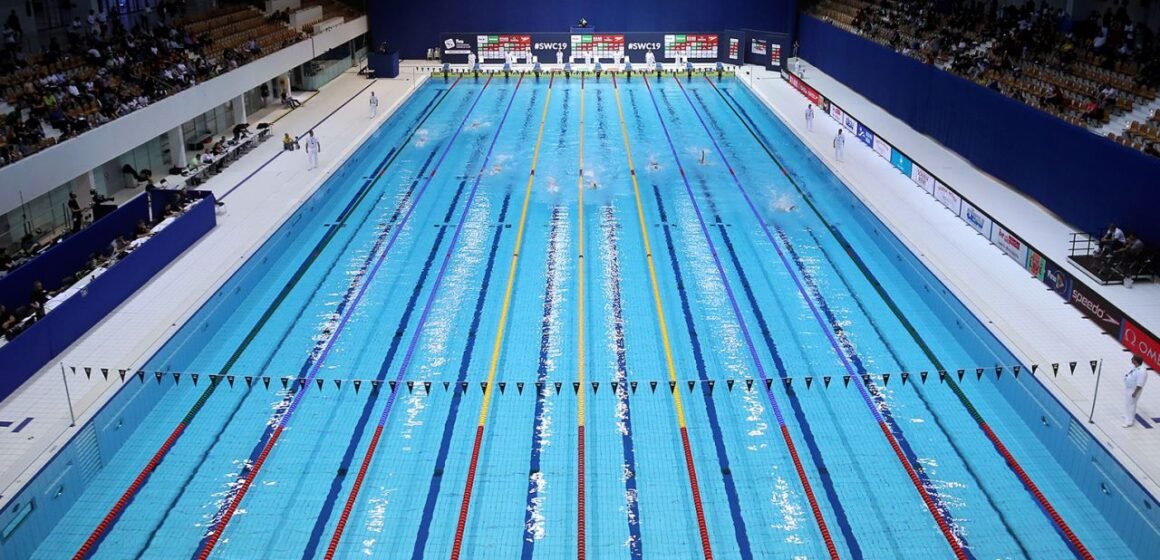World Aquatics, a central governing body for aquatic sports, has recently unveiled a ground-breaking initiative to foster inclusivity within the world of sports. By introducing an open category for transgender athletes at the Swimming World Cup in Berlin, they have made a landmark move. This article delves into the details of the initiative, the rules and regulations that preceded this move, the reactions from different stakeholders, and a reflection on what this means for the future of inclusivity in sports.
Transgender Participation in the World Cup: A Pioneering Move
The World Cup event, scheduled from October 6 to 8 in Berlin, Germany, will be the first of its kind to include an open category for “all sex and gender identities.” This pioneering effort is manifested in the 50m and 100m races across all strokes.
Emphasizing Diversity and Inclusion
World Aquatics emphasizes its unwavering commitment to inclusivity through this initiative. According to an official statement:
“This pioneering pilot project highlights the organization’s unwavering commitment to inclusivity. Detailed entry requirements and entry times and process information will be available soon. For this inaugural event, the emphasis is on gaining further experience for future development and celebrating diversity.”
The German swimming federation, hosting the event, has expressed excitement about being part of this unprecedented initiative, emphasizing that Berlin, a hub for diversity and inclusion, is the ideal location for such a project.
History of Transgender Athletes Policy in World Aquatics
Restrictions and Changes
Last year, World Aquatics, formerly known as FINA, enacted a policy that restricted transgender athletes from competing in elite women’s aquatic competitions. The gender inclusion policy implemented on June 20, 2022, laid down specific criteria for participation, including age and hormone treatment considerations.
New Working Group for Open Categories
Following the policy, the governing body promised to establish a working group to develop open category events. This step has led to the creation of an open category for athletes that do not meet traditional men’s or women’s criteria. This new initiative not only reflects the growth in awareness and acceptance but also shows a progressive shift towards a more inclusive approach in sports.
Reactions and Implications
Advocacy Groups and Athletes
Athlete Ally, an advocacy group, has expressed concern, stating that the policy might lead to the “othering” of transgender athletes. While some see the move as a step towards equality, others believe it may foster separation and invasiveness.
Academic and Scientific Insight
The debate regarding transgender athletes’ participation in sports often brings up questions of physical advantage. However, a 2017 report in Sports Medicine found no substantial evidence to support that transgender individuals have an athletic advantage over their cisgender peers.
An Overview of Inclusivity in Swimming
The World Cup’s initiative reflects the global move towards inclusivity, seen in the case of Lia Thomas, a transgender athlete who became the first to win an NCAA Division I title.
Conclusion: A Progressive Step Towards a More Inclusive Future
The introduction of an open category for transgender athletes at the Swimming World Cup is a historic and progressive step towards embracing diversity in sports. While there are varying opinions on the move, it’s evident that World Aquatics is moving towards a future that recognizes and celebrates the various identities that make up the athletic community.
In our rapidly changing world, where acceptance and inclusivity are increasingly vital, this initiative sets a precedent for other sporting organizations to follow. The continuing dialogue on this subject will undoubtedly contribute to shaping a more inclusive and understanding sporting landscape.


Leave a Reply